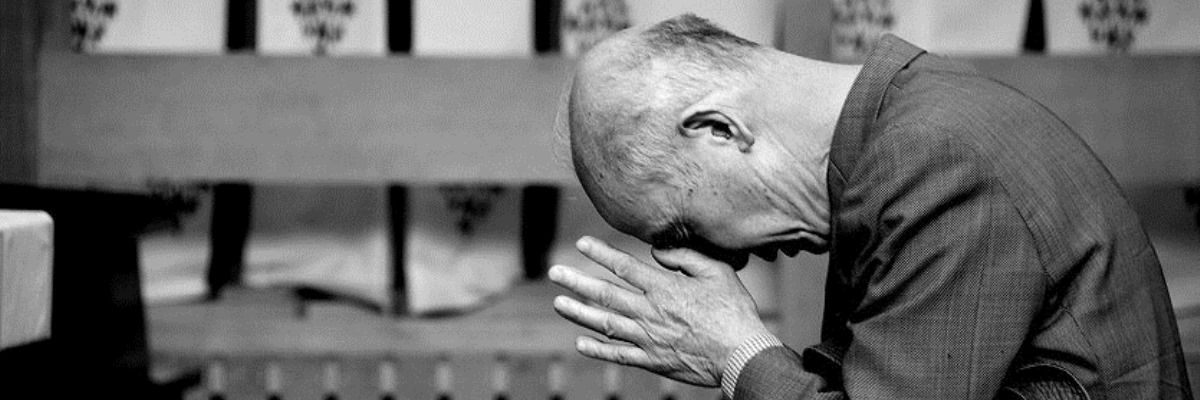
7 Rules of Forgiveness
I gave a lecture on forgiveness at Stanford University and noticed that almost everyone in the audience admitted they’ve struggled with trying to forgive someone. On a 10-point scale (where 1 = no forgiveness, and 10 = complete forgiveness) about half reported scores of six or lower regarding their ability to forgive someone.
This isn’t surprising at all.
Think about it for a few moments. Can you list a few people whom you feel victimized by or who harmed you in some significant way? Or maybe you have harmed someone and now feel bad or perhaps even mortified by your behavior?
It is really hard to forgive, whether it is forgiving yourself or others.
It is really hard to forgive, whether it is forgiving yourself or others. We all could use some help learning to do it better. What we may not be aware of is that learning to forgive is good for both our mental and physical health. Quality empirical research has shown that when we are better at forgiveness we experience lower stress, tension, levels of depression, anxiety, and perhaps most important, anger. Anger is toxic to our mental and physical health, increasing our stress reactivity and our risk for illness such as heart disease. In fact, the hostility and anger associated with Type A behavior is an important risk factor for cardiovascular disease. When we have trouble being able to forgive, we hold in anger, resentment, and bitterness that can harm us.
Knowing that forgiveness is good for you doesn’t make it easy to put it in practice.
Knowing that forgiveness is good for you doesn’t make it easy to put it in practice, though. While there are no simple solutions to be better at forgiveness here are seven principles we all can keep in mind:
- Forgiveness doesn’t mean that you have to forget, too. We don’t forgive and forget at all. People who have been terribly abused, neglected, and victimized don’t forget their traumas and they don’t need to. They can learn to forgive, yet remember.
- Forgiveness doesn’t mean you’re minimizing your victimization experience. By engaging in forgiveness you aren’t saying “it’s okay…it wasn’t that bad.” Not at all! You can forgive yet still admit that the victimization and trauma was very real.
- Forgiveness doesn’t mean that you’re a chump. Forgiveness is not a sign of weakness, naiveté, or foolishness.
- Forgiveness doesn’t depend upon the other person apologizing and accepting your offer of forgiveness. Sadly, you cannot expect that the person who wronged you can fully understand or appreciate that what he or she did was wrong. They may never admit that they did anything problematic at all. That’s okay, because you can engage in forgiveness for your own benefit, not theirs. You don't need anything from them to forgive them.
- Forgiveness is a process. Forgiveness isn’t an all-or-none, black-or-white kind of thing. It is a process. You may never be able to completely forgive another person, but you can work to get closer to do so. You may never get to the 10 on my 10-point forgiveness scale, but you can turn a six into a seven or an eight.
- Forgiveness is for your health and well-being. Since research shows that holding onto anger is toxic for your health and well-being, and since no one wants to be around those who are chronically angry, bitter, resentful, and unforgiving, then forgiveness is something that you do for you. It is in your best interest to forgive others for their transgressions, not necessarily theirs. You are not engaging in forgiveness to do them a favor, but to do one for yourself.
- The secret sauce in forgiveness is letting go of anger. In my clinical practice I have treated many people who have been terribly victimized and traumatized by physical, sexual, emotional, and financial abuse. I have also treated many who have been abused by those who should have treated them the most kindly, such as parents, siblings, close friends, and even clerics. Those who do well and cope best in life are those who have found some way to forgive themselves and others. They have worked hard to let go of the anger and resentment and moved on. They don't forget and they don't allow themselves to continue to be victimized. They let go of the anger and choose to forgive (deserved or not).
So, what do you think? Can you forgive more? Can you try?
Jul 17, 2015

